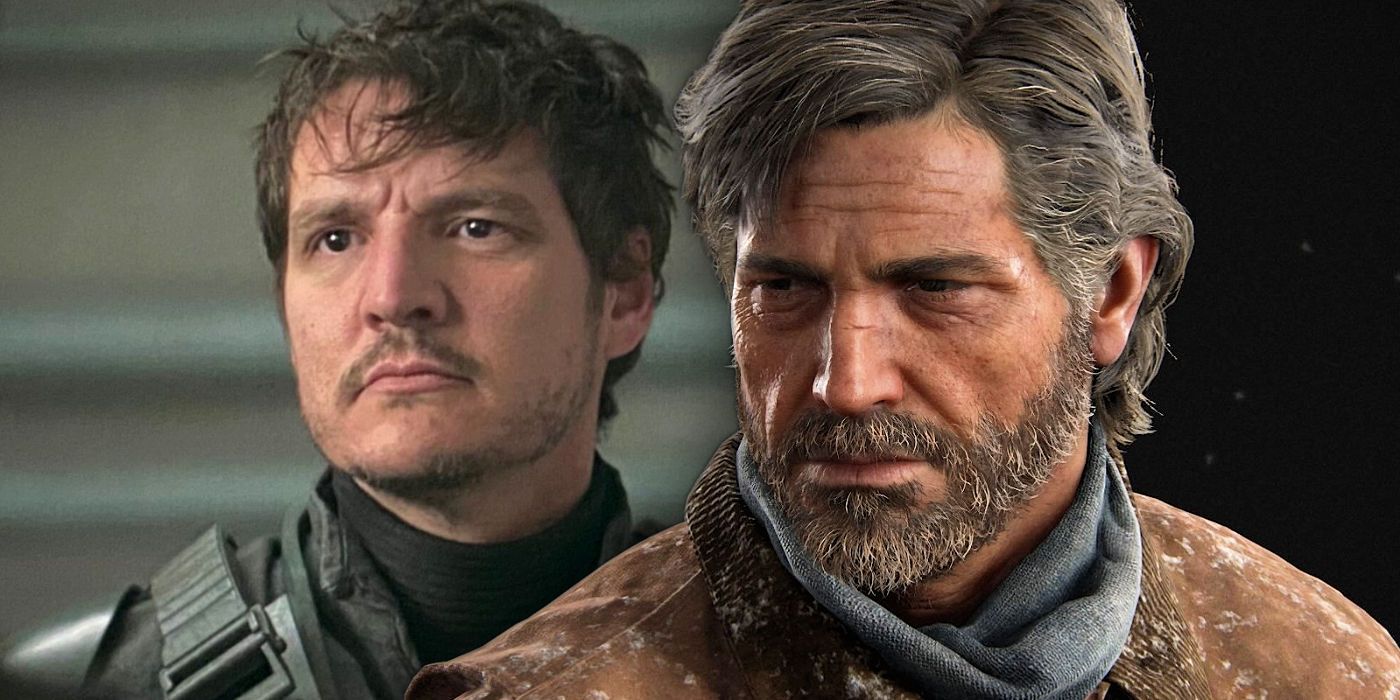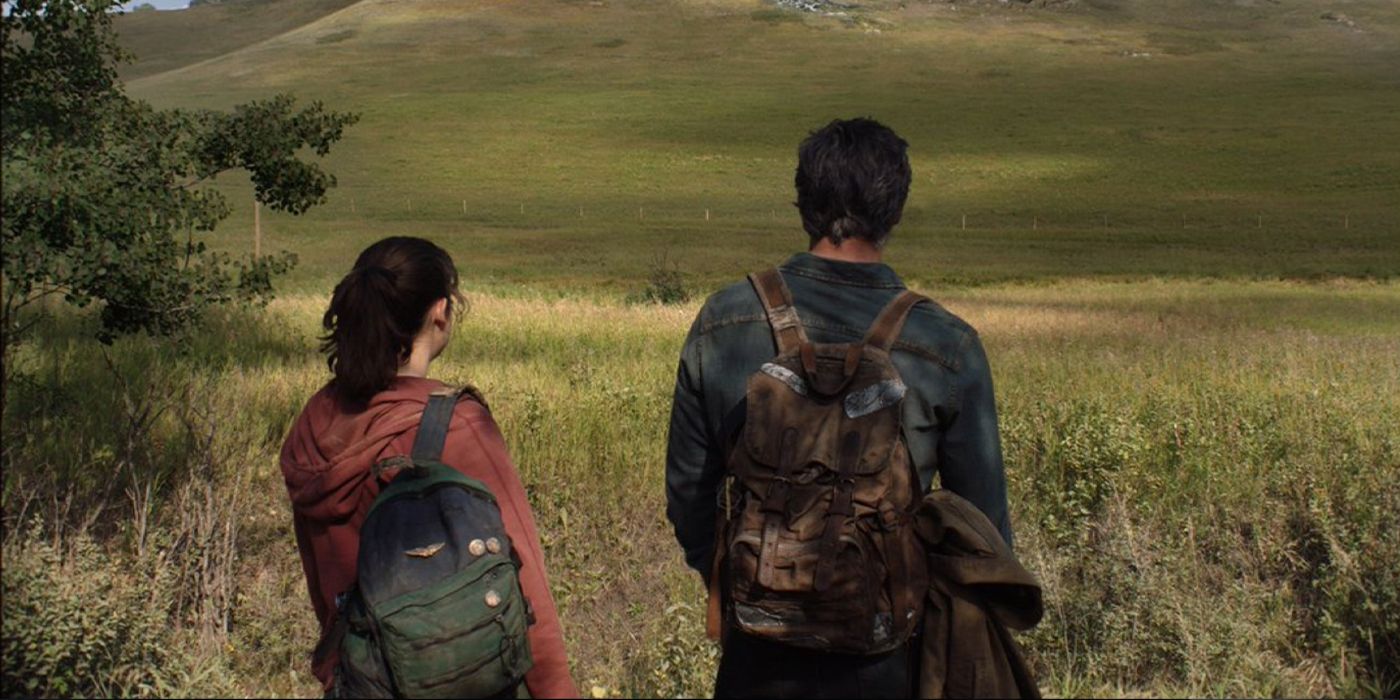The Last of Us star Pedro Pascal discusses how faithful the upcoming series will be to the original video game. The Last of Us initially debuted in 2013 for the PlayStation 3 platform. The zombie survival game was groundbreaking in the way it incorporated storytelling into active gameplay, combining character depth with worldbuilding and terrifying action moments. The game is one of the best-reviewed of all time for the platform, and brought home a heap of trophies from VGX and the DICE awards, as well as receiving many other gaming-related accolades. Given the success of the game and its sequel, which came out in 2020, it came as no surprise when HBO announced they would be mounting a live-action series adaptation of The Last of Us.
In the series, The Mandalorian's Pascal is playing Joel, a grizzled survivor of a zombie apocalypse caused by a mutant strain of fungus that infects the brains of humans and turns them into ravenous creatures called The Infected. After a brief prologue in which Joel loses his daughter, the story picks up 20 years after the beginning of the infection. This is when Joel meets Ellie (played in the series by Pacal's Game of Thrones co-star Bella Ramsey), a young woman who has been infected but shows no symptoms, leading them on a long journey of survival with the hope that they may be able to find a cure.
Recently, Pascal sat down with GQ to speak about his new film The Unbearable Weight of Massive Talent, in which Nicolas Cage plays himself. In addition to the meta-comedy, the actor discussed The Last of Us, revealing whether or not it remains faithful to the original story of the game. He compares the HBO series' approach to the material to The Mandalorian, saying that it's "made for people who love it," and that it's "honoring what’s important" while adding new material that will deepen the storyline while also doing all the work of worldbuilding for newcomers who haven't played the game. Read the full quote below:
There’s a very, very creative way of honoring what’s important and also preserving what is iconic to the experience of the video game, and also [to include] things that you wouldn’t necessarily expect. And then directions that you would expect it to go, and it might not… they’re doing some really smart things, is all I can say. It’s similar to the way Jon Favreau and Dave Filoni treat The Mandalorian, in how [Mazin and Druckmann] are treating The Last of Us — it’s in good hands because they love it so much. Well, clearly Neil created the video game, but Craig loves it so much. So it really is made for the people that love it. And there's some very intense storytelling for people who might be less familiar.
The Last of Us may be altering the story somewhat in the process of adapting the game to a completely new format, but it will certainly encounter fewer challenges than similar series like Paramount+'s live-action adaptation of Halo. The Halo game series has a lot of lore and worldbuilding, but it's primarily a first-person shooter that doesn't provide the amount of story required for a long-running narrative format. The Last of Us doesn't have that problem, as its groundbreaking storyline is inherently cinematic.
It's likely that the biggest digressions The Last of Us makes from the source game will come from the necessities of the television format rather than the need to improve or expand on the material. For instance, the series will likely expand on the stories of side characters featured in the game, so there can be multiple narratives running in tandem, which is much more necessary on TV than in a game. There also may be some slight alterations to locations and characters to make them more believable in live-action, but ultimately if they stick with the roadmap the game provides, they're more or less guaranteed to have a success story on their hands.
Source: GQ


